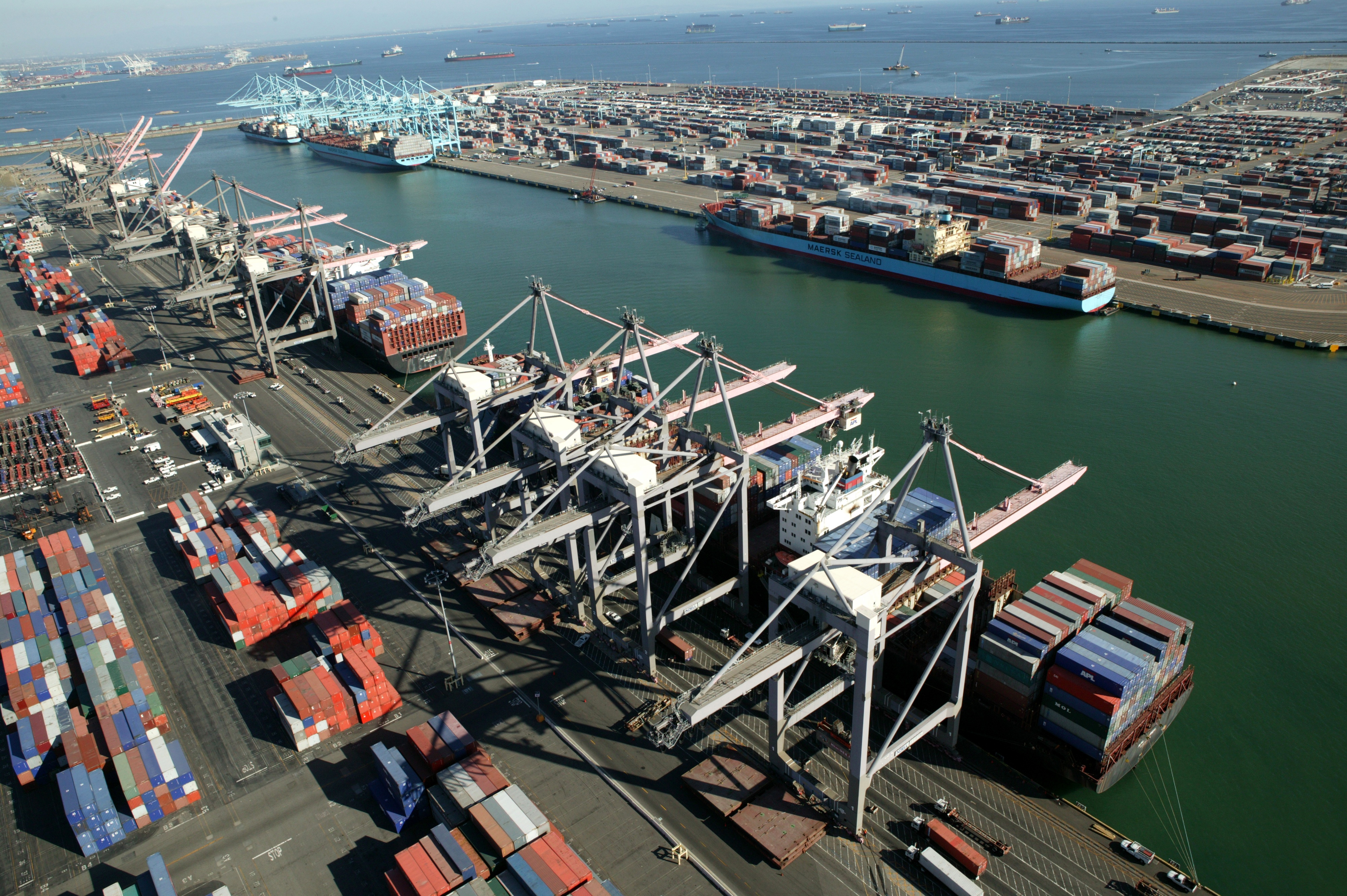Companies that import products often ask us about the benefits of the Customs Trade Partnership Against Terrorism. We write about it in our paper “C-TPAT Membership: Is It Right for You?”
 Let’s review these C-TPAT benefits. But first, a look at the basics of the C-TPAT program.
Let’s review these C-TPAT benefits. But first, a look at the basics of the C-TPAT program.
C‐TPAT is a program, administered by U.S. Customs and Border Protection, that develops and adopts measures that add security to guard against illegal smuggling of dangerous cargo by terrorists. Importers that want to avoid Customs delays and support efforts to secure the country’s borders are becoming compliant and are seeking C-TPAT membership.
C-TPAT Benefits
- Secure the country’s borders. Any importer’s supply chain, if compromised, can lead to disastrous consequences for fellow citizens. Shippers recognize this and many C-TPAT members cite this as their primary motivation for becoming certified.
- Speed your supply chain. C-TPAT shipments are 4-6 times less likely to undergo an examination than non-C-TPAT shipments. Shippers report to us that inspections result in a 1-2 week delay in getting products to market, extending the cash cycle and introducing profit-draining inefficiency. C-TPAT shipments, if selected for inspection, can be moved ahead of non-C-TPAT shipments.
- Reduce costs. As an importer, you pay for Customs cargo examinations. Here’s how it works. If your shipment is selected for inspection, it will generally be moved to a privately-operated Central Examination Station (CES). The CES will unload your shipment and reload it after inspection. You pay the CES for these services. C-TPAT certification means fewer inspections, reducing these costs.
- AVOID LOST SALES. A delay on an out-of-stock product could jeopardize your relationship, even your business, with a retailer. Delays can also result in reduced profits if the retailer needs to mark down prices.
- GAIN FAVOR WITH RETAILERS. Increasingly, retailers are actively encouraging vendors to become C-TPAT compliant. Many retailers take ownership of goods overseas and want to ensure no one has tampered with the goods at the factory or overseas port. While C-TPAT compliance is not the reason retailers seek out your products, it can tip the scales in your favor at the tail end of a vendor selection process.
Importers are recognizing these benefits and, in increasing numbers, are exploring C-TPAT membership.
Can 3PLs Help?
If you are outsourcing any portion of your supply chain to third party logistics providers (3PLs), their security procedures come under just as much scrutiny as your own during C-TPAT evaluations. So, if you are considering membership, it helps to work with 3PLs that are well-versed in C-TPAT protocols.
Weber Logistics, which handles a large volume of inbound containers from the Ports of LA and Long Beach, went from a standard trailer inspection process at receiving to a meticulous, 9-point inspection process. While this may lengthen receiving time slightly, shippers report that these few extra minutes are far outweighed by the ability to significantly reduce Customs inspections, which delay processing for weeks.




 Capital Management
Capital Management